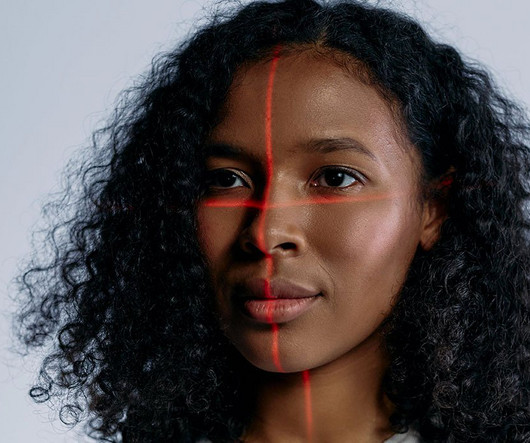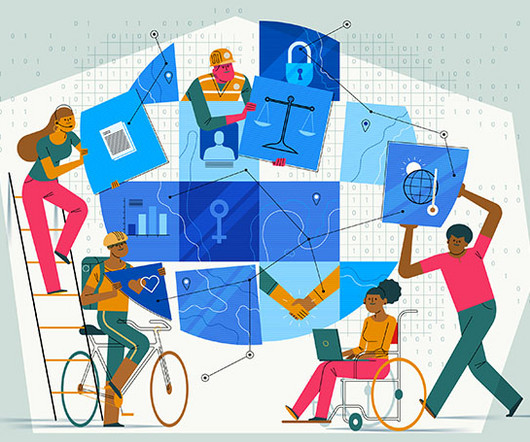Facial Recognition Technology’s Enduring Threat to Civil Liberties
NonProfit Quarterly
DECEMBER 21, 2023
A 2019 report from a government study found “false positives to be between 2 and 5 times higher in women than men.” The same report—which investigated disparities among several racial and ethnic groups, men, and women—revealed that false matches for mugshots were highest for Black women.











Let's personalize your content